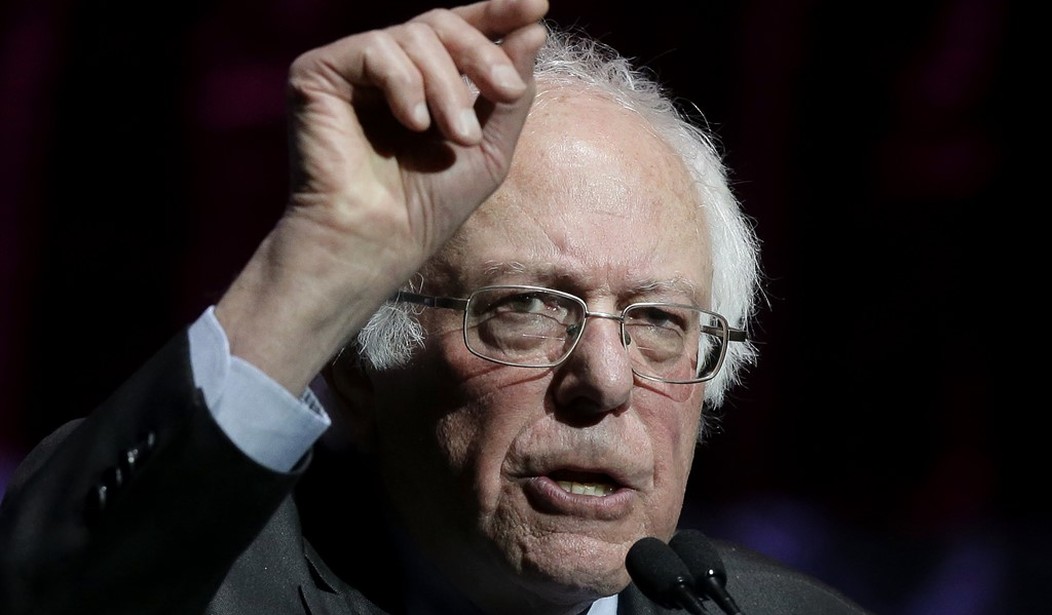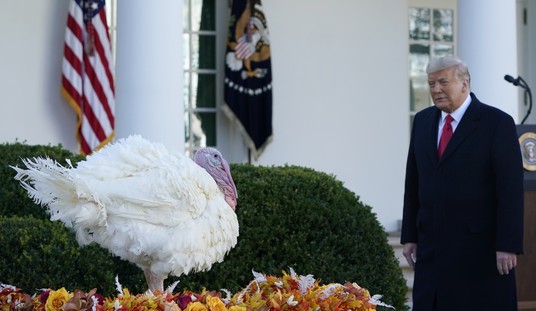The Washington Post published an editorial Sunday arguing that single-payer is not a cure-all for our health care system. In fact, it would require truly massive tax increases:
The government’s price tag would be astonishing. When Sen. Bernie Sanders (I-Vt.) proposed a “Medicare for all” health plan in his presidential campaign, the nonpartisan Urban Institute figured that it would raise government spending by $32 trillion over 10 years, requiring a tax increase so huge that even the democratic socialist Mr. Sanders did not propose anything close to it.
Single-payer advocates counter that government-run health systems in other developed countries spend much less than the United States does on its complex public-private arrangement. They say that if the United States adopted a European model, it could expand coverage to everyone by realizing a mountain of savings with no measureable decline in health outcomes, in part because excessive administrative costs and profit would be wrung from the system.
In fact, the savings would be less dramatic; the Urban Institute’s projections are closer to reality. The public piece of the American health-care system has not proven itself to be particularly cost-efficient.
This really shouldn’t be much of a shock to anyone who has been paying attention. Vermont tried to create a state-level single-payer system a few years ago and the plan collapsed before it ever got off the ground. From Vox:
“I was skeptical when the original bill passed,” Peter Galbraith, a Vermont state senator, said. “When you pass a benefit and don’t say how you’re going to pay for it, it raises the obvious question of, ‘How are you going to pay for it?'”
The answer, for Vermont, was a disheartening one: The state wouldn’t ever pay for the plan. By December 2014 — more than three years after Act 48 became law — the Shumlin administration had run the numbers dozens of different ways. And its analysts had found that it would cost $2.5 billion to buy coverage for all Vermonters.
In Vermont, this was massive: The state only raises $2.7 billion in taxes a year — the single-payer plan would mean doubling tax collections. The Shumlin administration estimated it would need to increase payroll taxes by 11.5 percent and income tax by 9 percent. That’s a big lift even if it would replace existing health premiums.
More recently, California has been trying to pass a single-payer plan. Last month the state released the first estimate of the cost which deterimined the amount of new taxes California would need to raise to fund this is more than the entire state budget. From the Sacramento Bee:
The price tag is in: It would cost $400 billion to remake California’s health insurance marketplace and create a publicly funded universal health care system, according to a state financial analysis released Monday.
California would have to find an additional $200 billion per year, including in new tax revenues, to create a so-called “single-payer” system, the analysis by the Senate Appropriations Committee found. The estimate assumes the state would retain the existing $200 billion in local, state and federal funding it currently receives to offset the total $400 billion price tag.
Getting back to the cost of a nationwide system, we are already $20 trillion in debt and a plan like the one Bernie Sanders supports would add another $32 trillion to that total in ten years unless taxes were raised by that amount. And that’s assuming the Urbain Institute’s estimate is on target. Often, entitlement programs wind up costing significantly more than estimated. Good luck selling the American people on that plan.







Join the conversation as a VIP Member